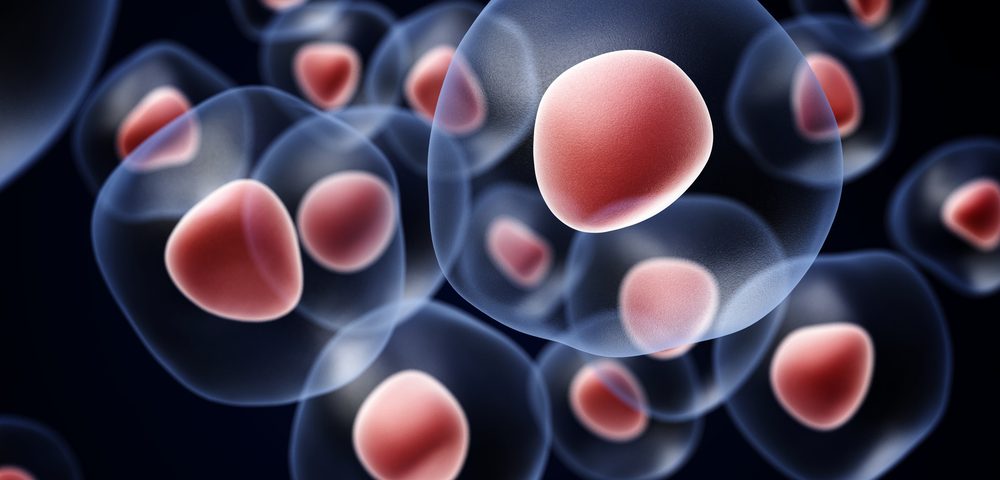Mesoblast Limited’s mesenchymal precursor cell (MPC) product candidate MPC-300-IV is well tolerated and results in a dose-dependent improvement in clinical symptoms, physical function, and disease activity in patients with refractory rheumatoid arthritis (RA), according to the results of a Phase 2 clinical trial.
MPCs are undifferentiated stem cells that are able to turn into different types of cells of the skeletal tissues, such as cartilage, bone and fat.
“The safety and efficacy results of this study are very encouraging and suggest that Mesoblast’s cell therapy has the potential to fill the major unmet medical need of the biologic refractory RA population, where agents that provide consistent durable effects without the risk of opportunistic infections or malignancies are sorely needed,” Dr. Allan Gibofsky, professor of medicine and public health at Weill Cornell Medical College and attending rheumatologist at the Hospital for Special Surgery in New York, said in a press release.
A total of 48 patients with active rheumatoid arthritis were recruited for the trial. All patients were on a stable drug regimen with methotrexate, and had an inadequate prior clinical response to at least one anti-tumor necrosis factor (TNF) agent. Thirty of the patients (63%) had previously received one or two biologic agents.
The patients were randomly divided into three groups. Those in the first group received a low dose of MPC injection (1 million MPCs/kg), those in the second group received a high dose (2 million MPCs/kg), and those in the third group received a placebo injection.
The results showed that MPC-300-IV was safe and well tolerated by the patients. No adverse side effects were recorded during the 12-week period following the injection.
The clinical effectiveness of the injection was assessed using the American College of Rheumatology (ACR) composite clinical response, which measures the signs and symptoms of the disease in terms of 70%, 50% or 20% improvement in tender joint or swollen joint counts.
The health related quality of life of the patients was assessed using the health assessment questionnaire disability index (HAQ-DI), which is a standardized measure of functional status.
According to this, a single injection of MPC-300-IV resulted in dose-dependent improvements in clinical symptoms, function, and disease activity, with the higher dose providing the greatest benefit. In addition, 12 weeks after the injections, a significantly larger number of patients in the high-dose treated group achieved a 70% improvement (ACR70, the most meaningful measure of clinical improvement) compared to patients in the placebo group.
Furthermore, in patients who had received one or two prior biologic agents, the injection of high-dose MPC-300-IV resulted in 50% improvement (ACR50) in more than half the patients (55%), and a 70% improvement (ACR70) in more than a third of the patients (36%). In comparison, only 11% of the patients in the placebo group showed a 50% improvement, and none showed a 70% improvement.
Importantly, 91% of the patients who had received one or two prior biologic agents showed meaningful improvements in physical function, measured by HAQ-DI, compared to only 33% of patients in the placebo group.
“These results support the potential of our allogeneic cell therapy to be positioned as a first-line treatment option for biologic refractory patients,” said Mesoblast CEO Silviu Itescu. “MPC-300-IV is well-positioned to advance through a strategic partnership into Phase 3 development for biologic refractory rheumatoid arthritis.”
Biologic refractory RA patients (or RA patients who do not respond to treatment with biologic agents) account for about a third of all RA patients who have received anti-TNF or other biologic agents. Refractory RA is the hardest type of rheumatoid arthritis to treat and therefore new approaches that are both safe and effective are desperately needed.


